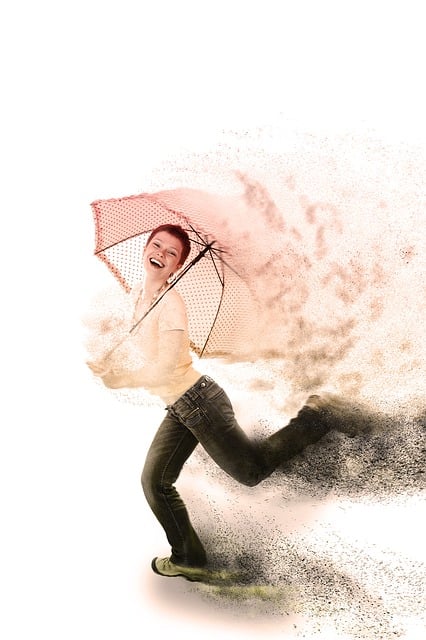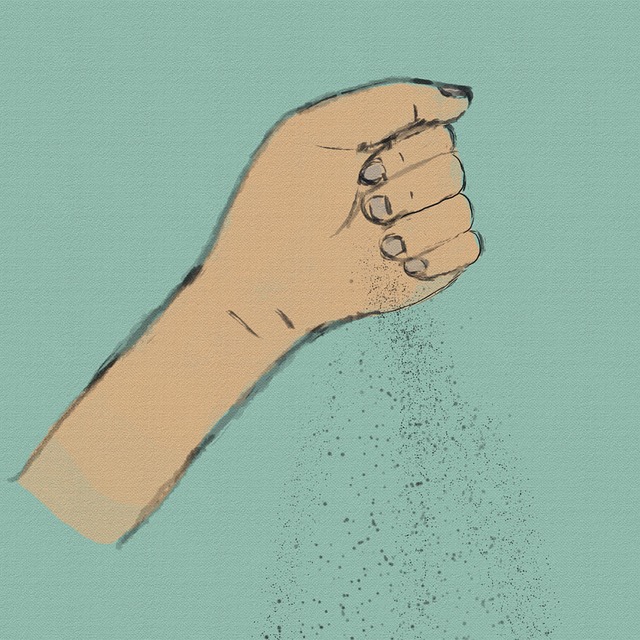Modern technology, including thermal imaging and radio frequency leak detectors, has transformed plumbing maintenance in Bromsgrove, providing accurate, swift leak detection. These advanced tools replace traditional, invasive methods, minimizing home damage and offering targeted boiler repairs. Leak detection specialists weigh project specifics like complexity, budget, and time when choosing between modern technologies and traditional methods, ensuring optimal results as leak detection specialists.
In the realm of plumbing maintenance, leak detection specialists face an evolving landscape. This article delves into the contrast between traditional and modern leak detection methods. While conventional techniques rely on laborious, time-consuming processes, modern technology offers efficient solutions. We explore how innovative tools like moisture meters, thermal imaging, and radar systems are transforming the industry. By understanding these advancements, homeowners and specialists alike can make informed decisions, ensuring swift and effective leak resolution.
- Traditional Leak Detection Methods: The Outdated Approach
- Modern Leak Detection: Technology Takes Over
- Choosing the Right Method: A Specialist's Perspective
Traditional Leak Detection Methods: The Outdated Approach

In the realm of plumbing maintenance, traditional leak detection methods have been the go-to approach for decades. This outdated process relies heavily on visual inspection and basic troubleshooting techniques. A leak detection specialist would typically start by checking visible signs of water damage, such as stains or dripping pipes. If these initial checks prove fruitless, they might employ noisy equipment to locate leaks based on sound waves, a method that can be imprecise and time-consuming. Identifying hidden water leaks was often a hit-or-miss endeavor, leaving many persistent pipe leaks undiagnosed and untreated.
Modern technology has since revolutionized this process, rendering traditional leak detection methods almost antique. Advanced tools like thermal imaging cameras, moisture meters, and radio frequency (RF) leak detectors offer unprecedented accuracy in solving persistent pipe leaks. These innovations enable leak detection specialists to pinpoint problems with greater efficiency, saving time and resources. Moreover, repairing roof leaks yourself has become less appealing due to the complexity of modern roofing materials and the risk of further damage if not done correctly.
Modern Leak Detection: Technology Takes Over

In the realm of leak detection, modern technology has truly revolutionized the way specialists approach this crucial task. Gone are the days of relying solely on manual inspections and time-consuming processes. Today, advanced tools and systems empower plumbers in Bromsgrove to provide faster, more accurate services. From remote monitoring devices that detect even the slightest moisture changes to thermal imaging cameras that visualize hidden leaks, modern leak detection has transformed the entire process into a more efficient, precise science.
Understanding plumbing leak causes is just as important as detecting them promptly. While traditional methods often required extensive digging and disruptive home invasions, modern solutions offer non-invasive alternatives. Boiler repair, for instance, can now be performed with less disruption thanks to advanced leak detection techniques. By pinpointing the exact source of a leak, specialists can offer targeted solutions, ensuring that every drop is accounted for and potential damage is minimized, making it a game-changer for both professionals and homeowners alike.
Choosing the Right Method: A Specialist's Perspective

When it comes to selecting the optimal leak detection method, a seasoned leak detection specialist emphasizes the importance of understanding the specific needs and constraints of each project. Traditional methods, such as visual inspection and acoustic listening, have long been relied upon but may not be suitable for every situation. These techniques require extensive manual searching and can be time-consuming, especially in complex or hard-to-reach areas. On the other hand, modern leak detection tools offer advanced capabilities, including radar technology, infrared cameras, and ground-penetrating radar (GPR), which enable faster, more accurate identification of leaks beneath surfaces.
For a leak detection specialist, choosing between traditional and modern methods often boils down to project complexity, budget, and time constraints. Top-rated leak detection tools have revolutionized the industry by providing fast action for serious leaks, ensuring efficient resolution and minimizing damage. While initial investment in these tools may be higher, their precision and speed can lead to significant cost savings in the long run, particularly for larger-scale or commercial projects.
In comparing traditional and modern leak detection methods, it’s clear that technology has revolutionized the industry. Modern techniques, leveraging advanced tools like infrared cameras and moisture detectors, offer faster, more accurate results than outdated methods. However, experienced leak detection specialists still play a vital role in assessing complex cases and providing tailored solutions. By combining the best of both worlds, homeowners and businesses can ensure efficient and effective leak management, ultimately saving time, money, and potential property damage. When choosing a method, consult with a trusted leak detection specialist to make an informed decision based on your specific needs.
